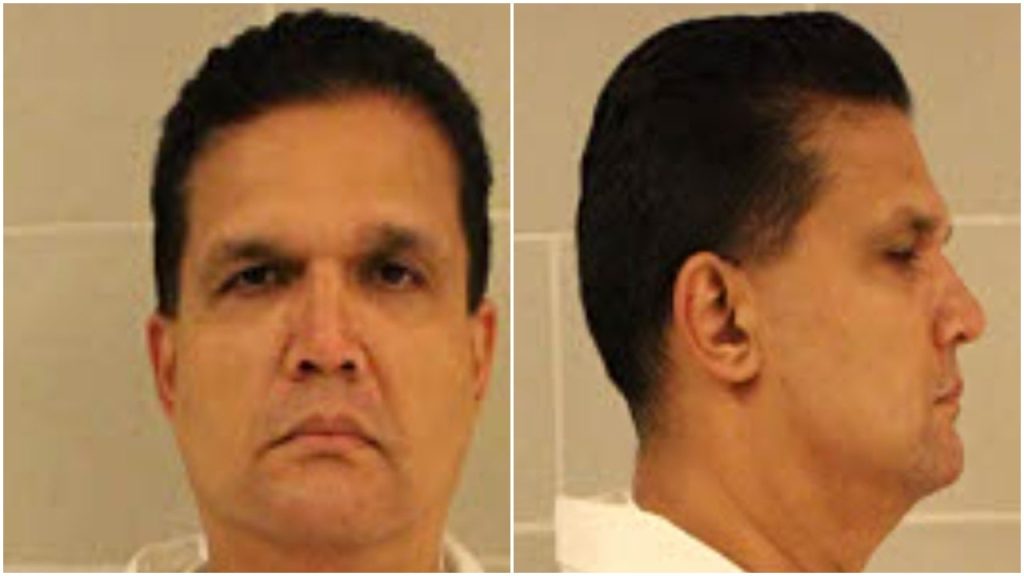Leonard Glenn Francis, also known as “Fat Leonard,” is set to be sentenced next week following his conviction in one of the largest bribery and corruption scandals in U.S. military history. After his initial arrest 11 years ago and subsequent escape and recapture, Francis is due in U.S. District Court in San Diego. Under a plea agreement, the former defense contractor could face less than a year of jail time after admitting to defrauding the U.S. government of at least $35 million by bribing hundreds of Navy officers for classified information over a span of 20 years. Nearly 1,000 Navy officers, including 91 admirals, came under scrutiny following his arrest in a sting operation in 2013.
Federal prosecutors filed criminal charges against 34 individuals, with 33 being convicted based on information provided by Francis while in U.S. custody. Despite facing a maximum sentence of 22 years for his crimes, the Department of Justice is seeking a lighter sentence due to his cooperation. U.S. Attorney Tara K. McGrath acknowledged the egregious nature of his offenses but highlighted the significance of his assistance to authorities. Francis was arrested nearly a decade ago as part of a federal sting operation for defrauding the U.S. military through bribery and lavish gifts to top-ranking Navy officers.
The scandal involving Francis led to the conviction and sentencing of nearly two dozen Navy officials, defense contractors, and others on charges of fraud and corruption. He pleaded guilty to bribery and fraud charges in 2015 but later went missing while awaiting sentencing, cutting off his ankle monitor and evading authorities. After an extensive search, he was apprehended by Venezuelan authorities, who subsequently extradited him to the U.S. The Biden administration played a role in securing his extradition and the release of 10 other detainees by Venezuela in exchange for a close ally of Venezuelan President Nicolás Maduro who was facing money laundering charges in the U.S.
Investigators found that Francis abused his position as a key contact for U.S. Navy ships at ports across Asia by offering officers extravagant gifts, parties, and other inducements. With his family’s ship-servicing business as a front, he amassed millions through fraudulent schemes targeting the Navy. U.S. Marshals had offered a reward for information leading to his capture after his escape, during which neighbors reported seeing suspicious activity in the weeks prior. His re-capture in Venezuela marked the end of a saga that exposed deep-rooted corruption within the U.S. Navy and military contracting industry.
Francis’s upcoming sentencing will mark the conclusion of a long legal battle that has seen numerous individuals convicted and sentenced in connection to his schemes. Despite the magnitude of his crimes, his cooperation with authorities has played a significant role in unraveling the extent of corruption within the Navy and exposing those involved. The case of “Fat Leonard” serves as a cautionary tale of how a single individual’s actions can have far-reaching consequences for an entire institution, shedding light on the need for increased oversight and accountability in military procurement and contracting processes.













